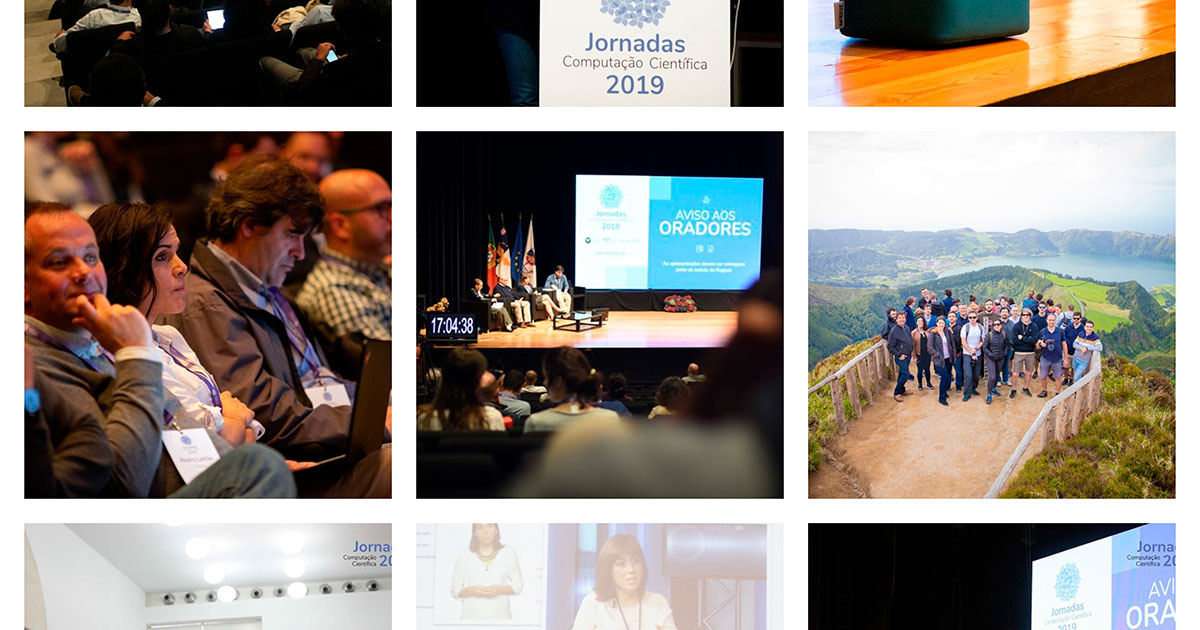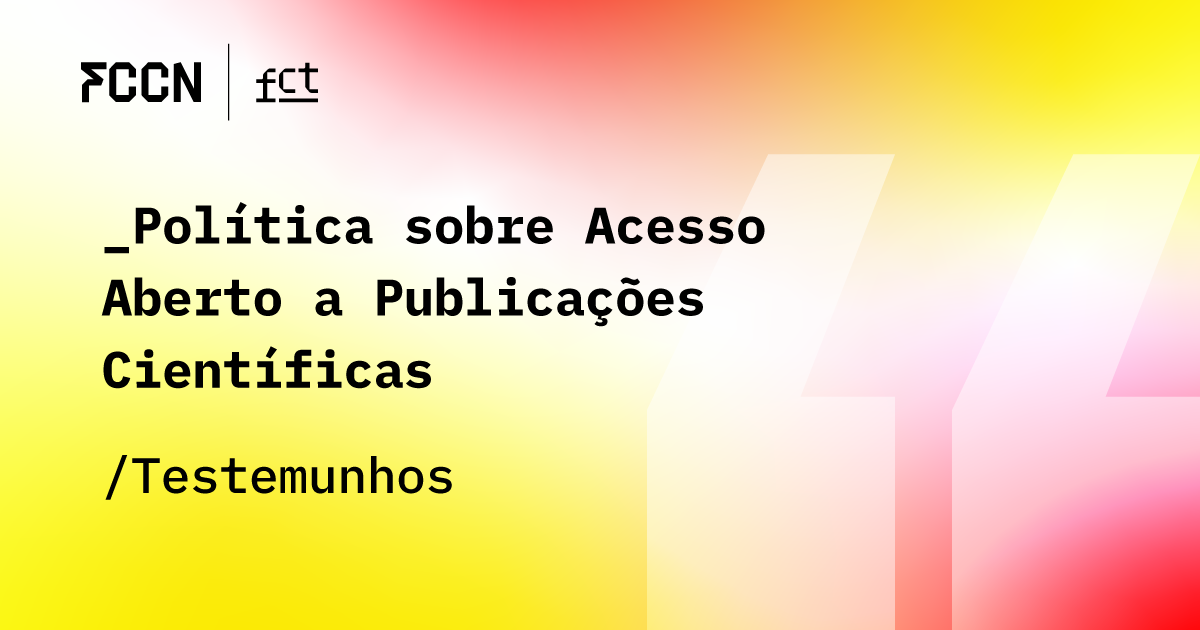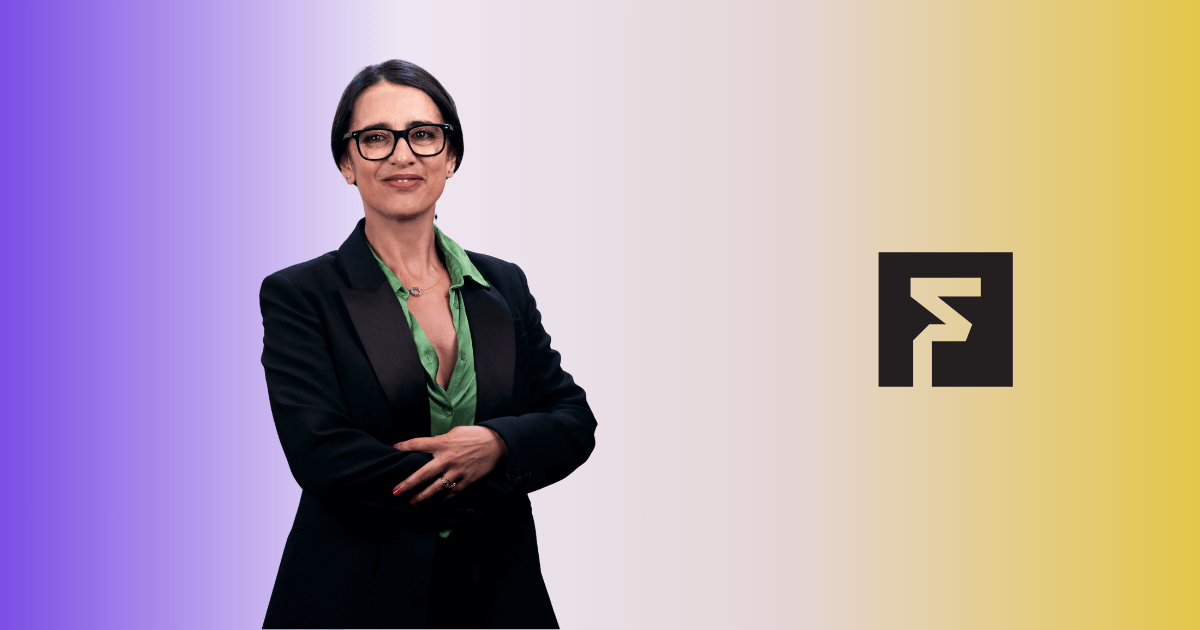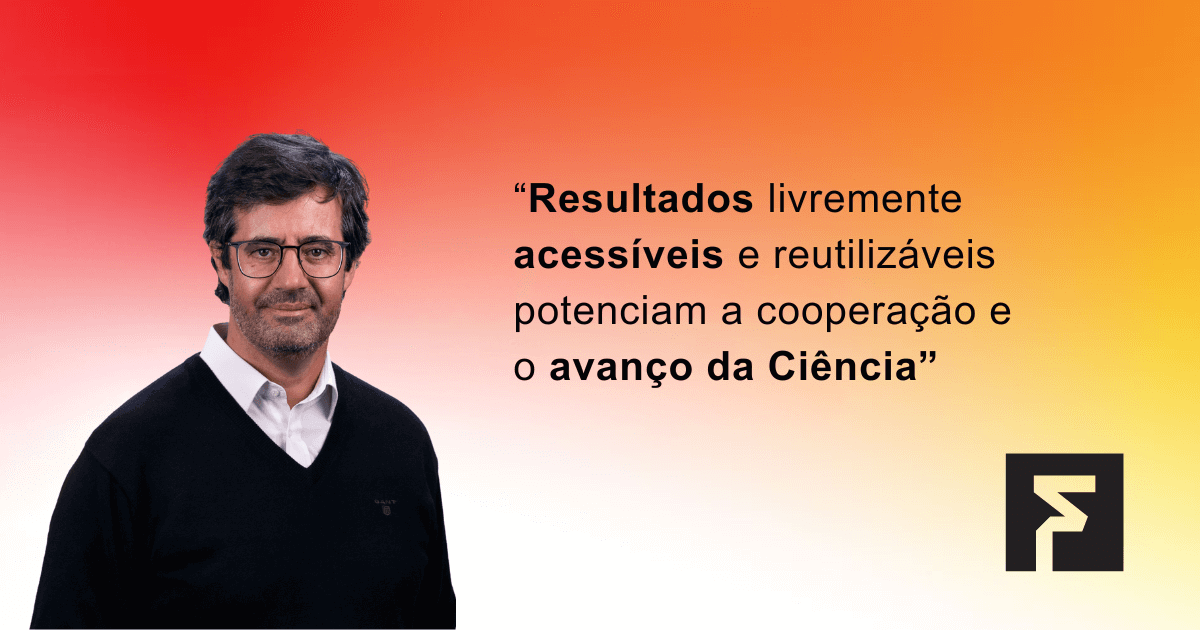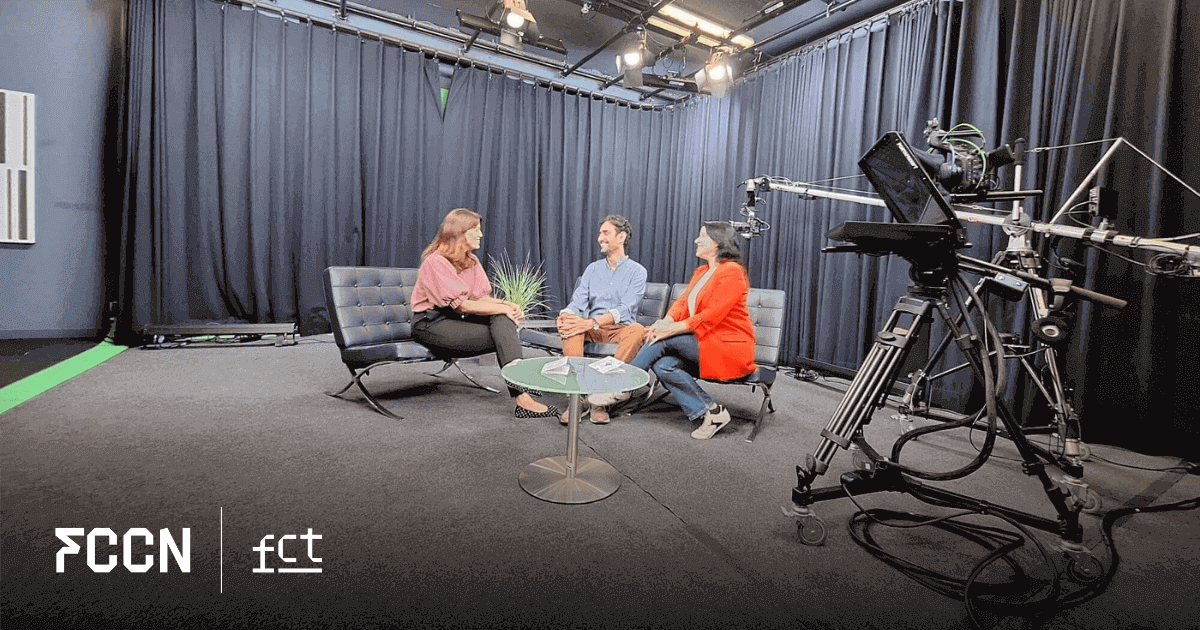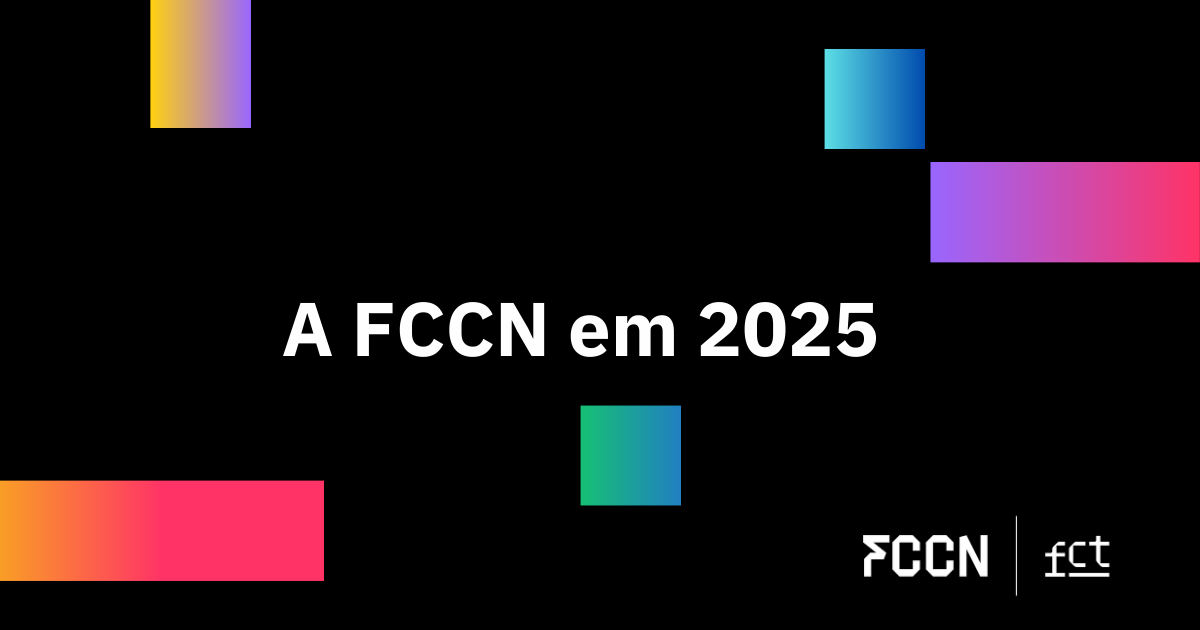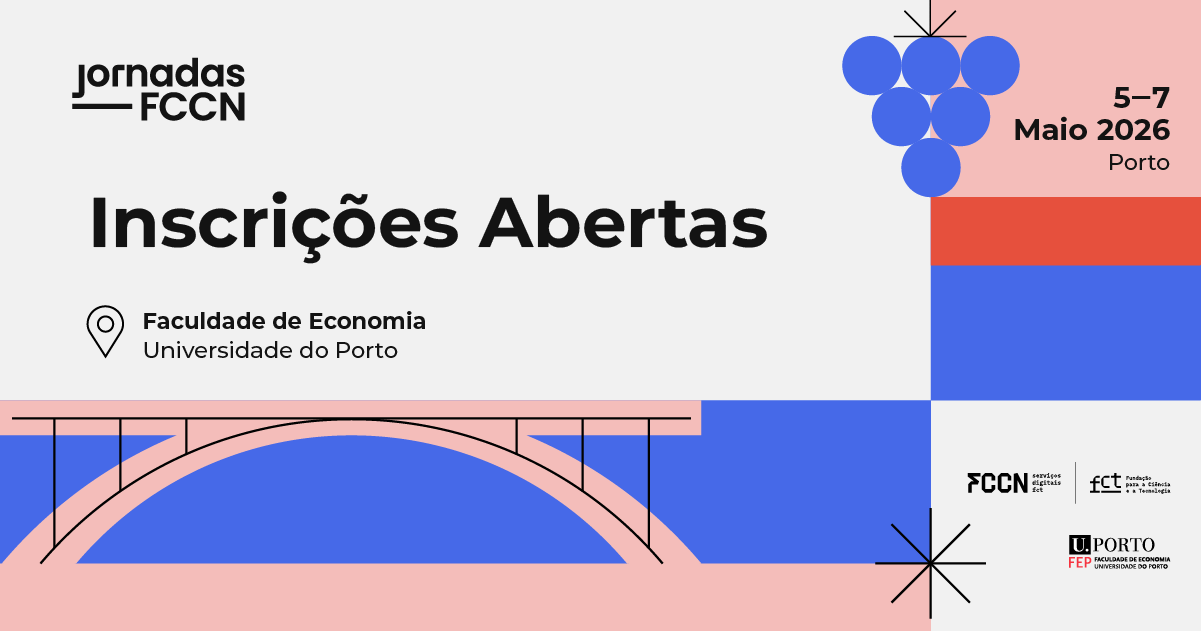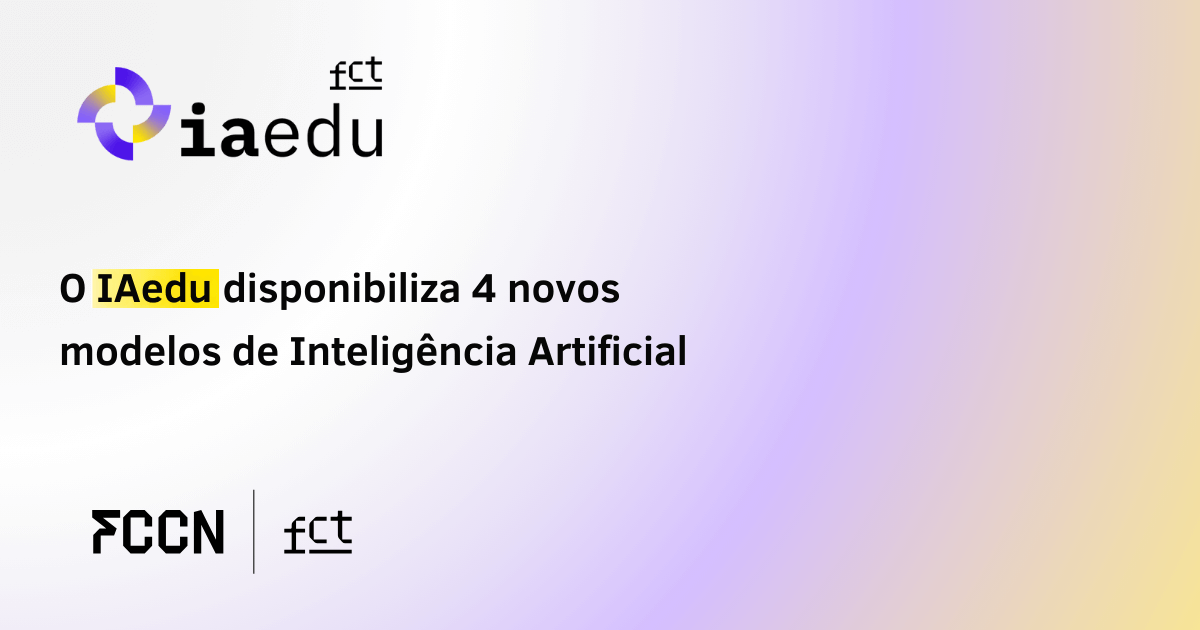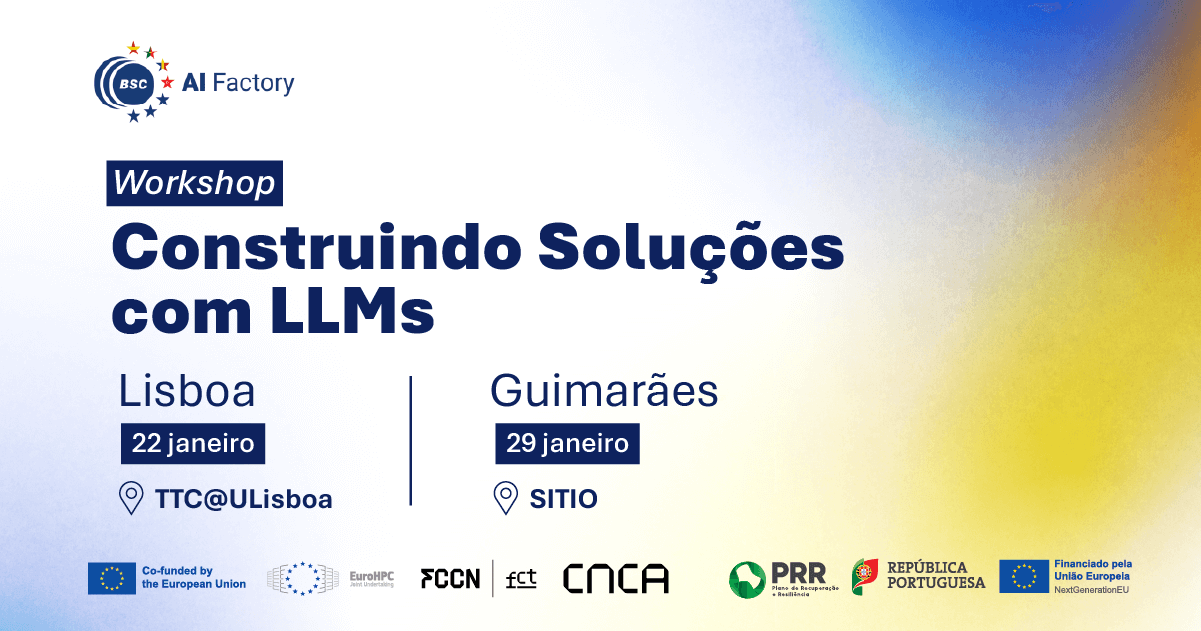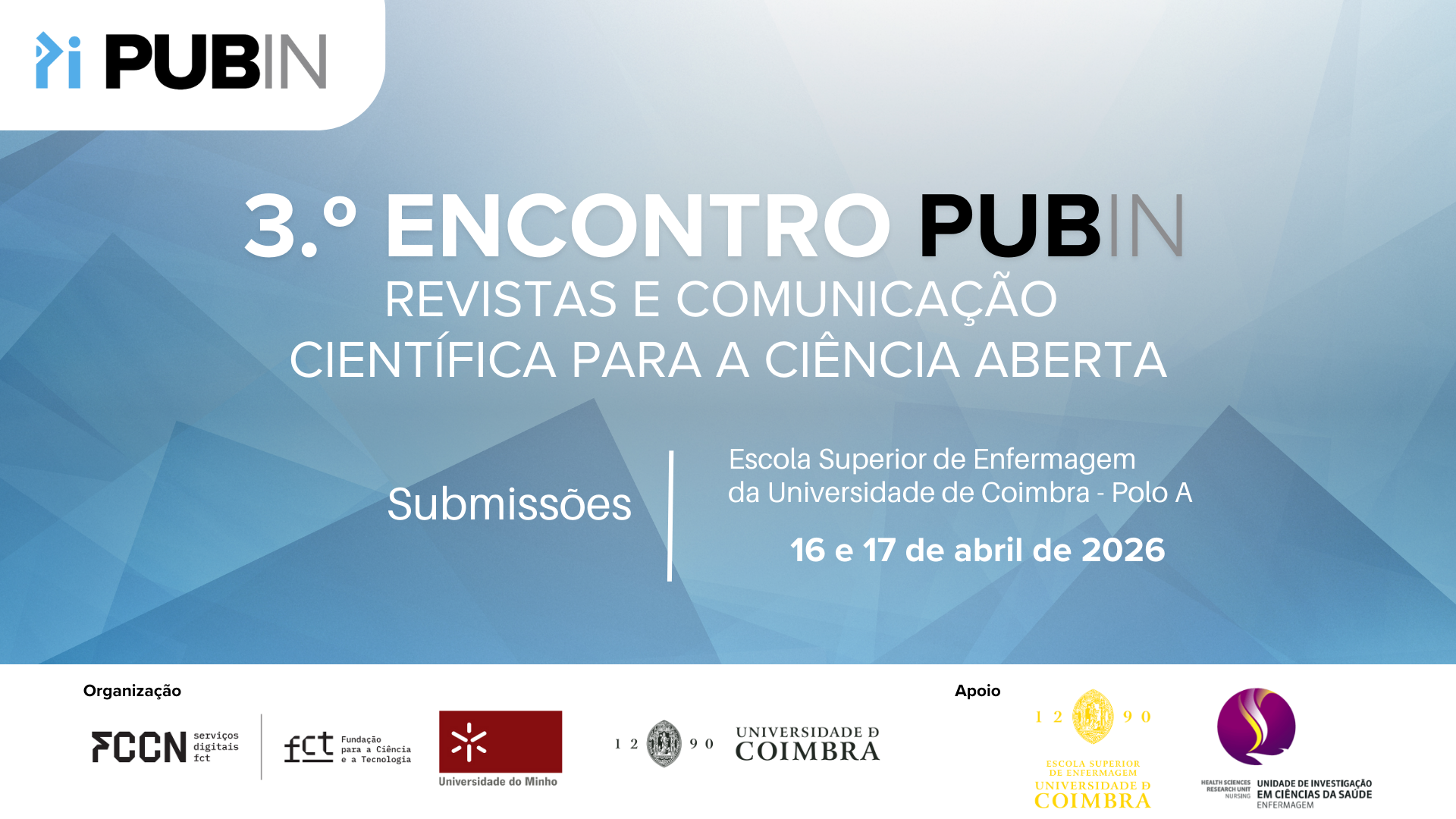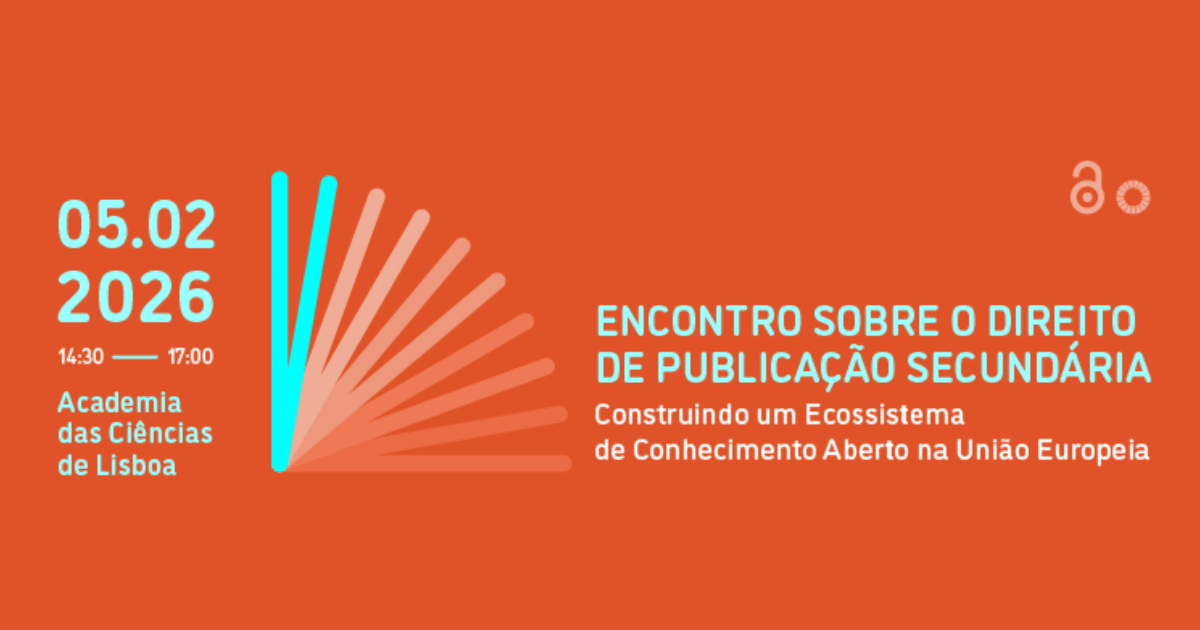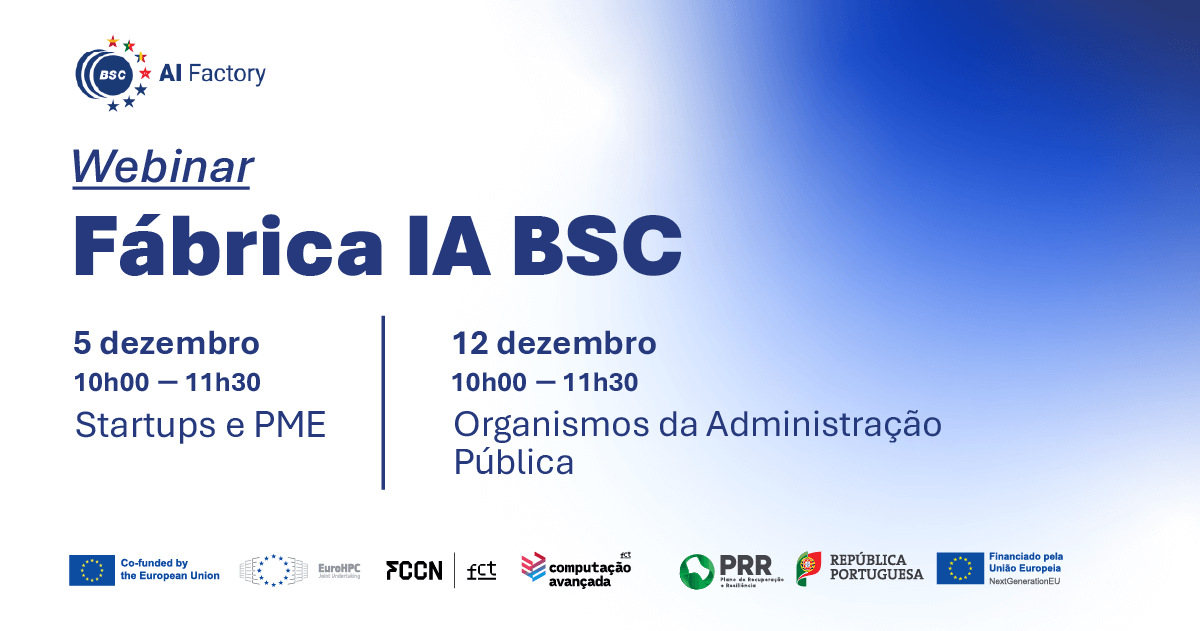After three days of work at the University of the Azores, between May 5th and 8th, discover some of the figures that marked the tenth edition of the Scientific Computing Conference.
The tenth edition of the Scientific Computing Conference recorded an increase of almost 20% in the number of sessions held, compared to the previous edition. After, in 2018, the three days of conferences hosted 27 sessions, in 2019, this number was fixed at 32. Along the same lines, the number of speakers increased from 36 to 41.
The growth was also noticeable in the number of registrations, with an increase of 5% in the number of registrations, compared to 2018, with a total of 523 registrants. This increase is in line with the trend of recent years. Compared to the 2016 edition, for example, the Scientific Computing Conferences recorded more than double the number of registrations.

This year's edition of the annual meeting of the scientific and academic community served by the National Scientific Computing Unit maintained the number of sponsorships in the same order, with the support of 35 companies and institutions. In this context, highlights include the social dinner (offered by Cisco and Warpcom), the Wave Party (powered by Wavecom) and a Happy Hour (Springer Nature).
In the program's structure, one of the main novelties was the grouping of sessions according to the pillars of the National Scientific Computing Unit. A workshop for newcomers, the creation of a Zapping with highlights of the unit's services and a walk carried out on day 0 were other changes.
The tenth edition was also marked by another edition of the competition “Send Bityte There” which, this year, challenged participants to identify their institution's problems and how the national Scientific Computing Unit could help solve them. Jorge Machado, from the Polytechnic Institute of Portalegre, was the winner, receiving a Kindle, courtesy of Amazon Web Services (AWS).
During the three days of work, these sessions also included the collaboration of students from the University of the Azores. Classes from the Public Relations and Communication and Computer Science, Networks and Multimedia courses supported the event, providing reception and media coverage.

During the closing session, the team also expressed their gratitude to the University of the Azores team and everyone who made this meeting possible. Although organizing the event in the Azores was a new challenge, it was clearly overcome thanks to the teams involved and the community's involvement.
You can remember the main moments of these journeys by visiting the account Scientific Computing Unit Twitter or the Facebook page dedicated to the event.
